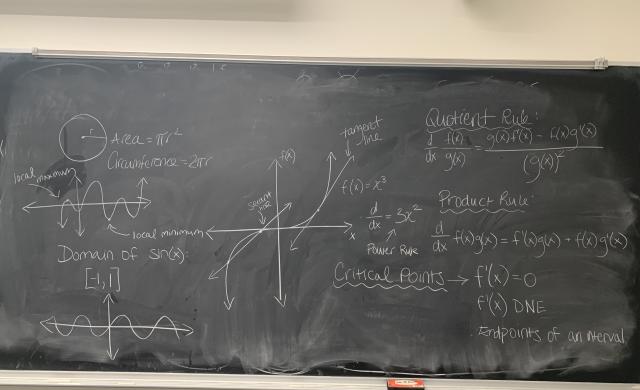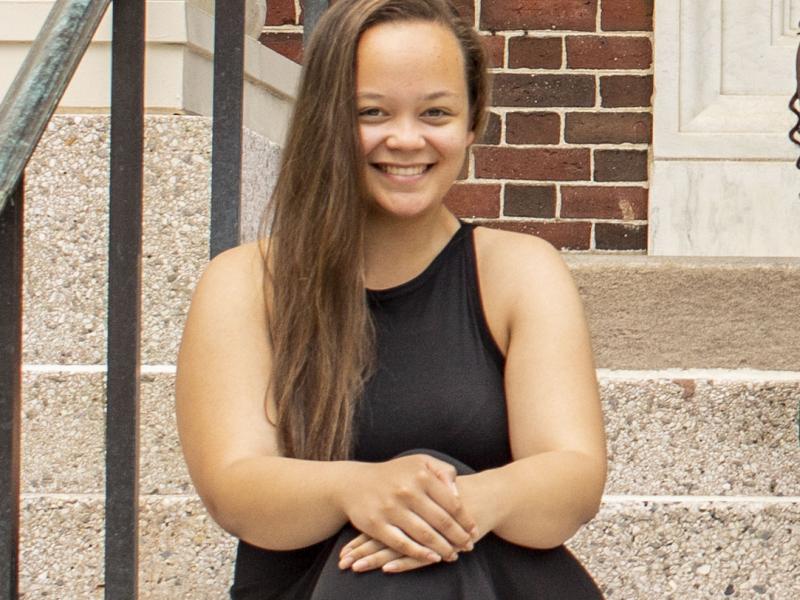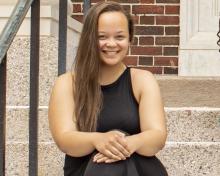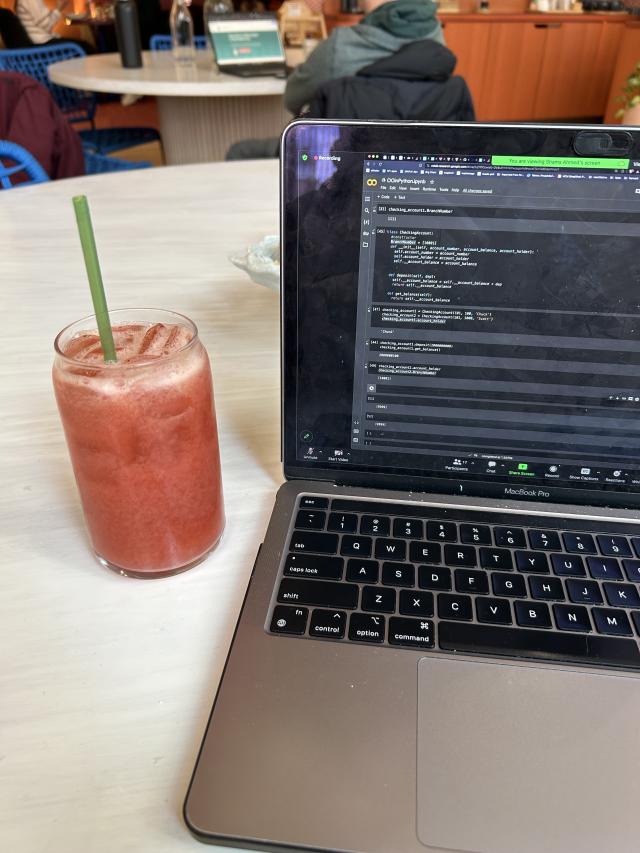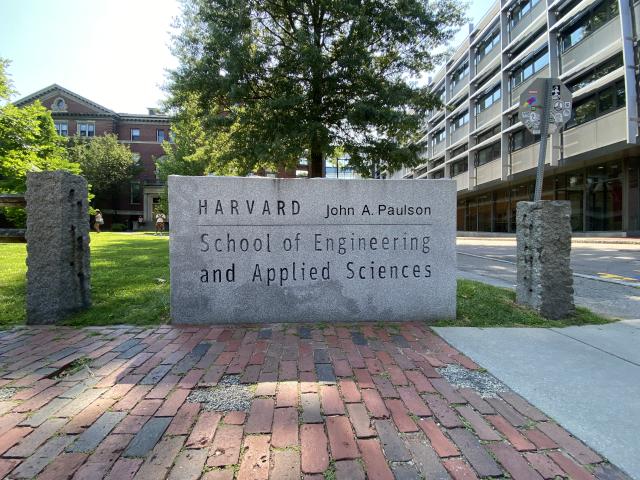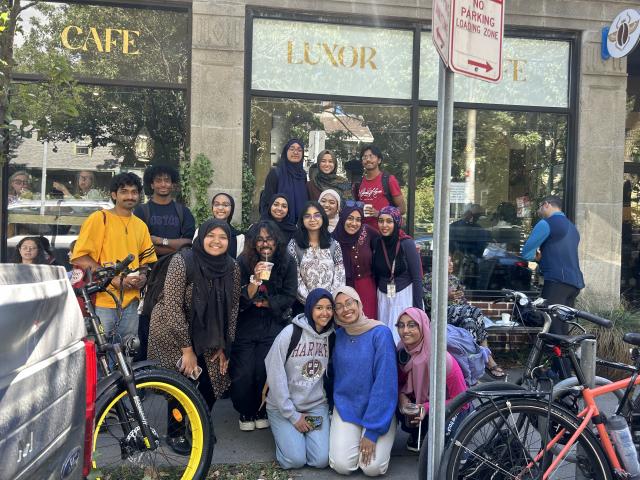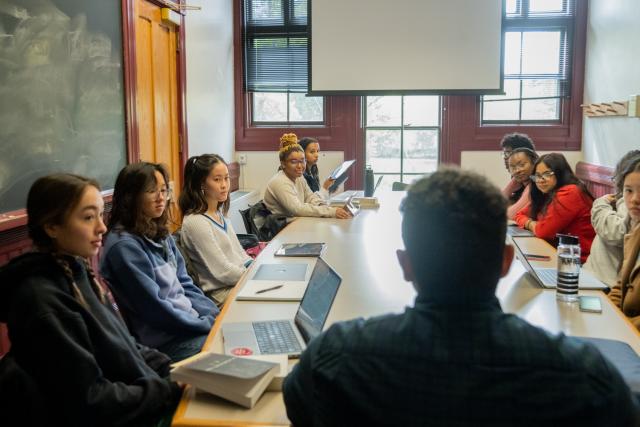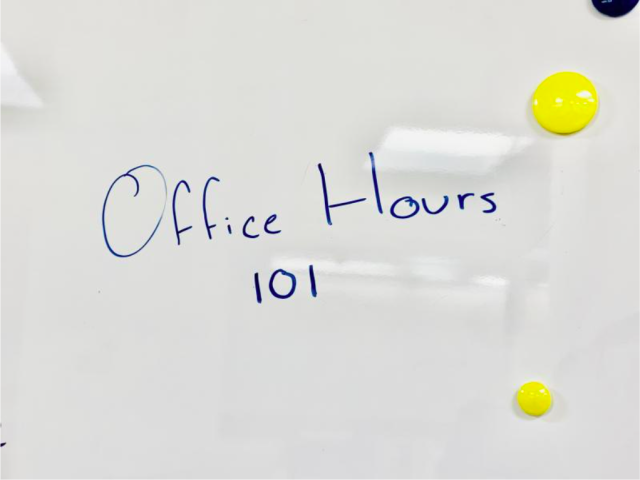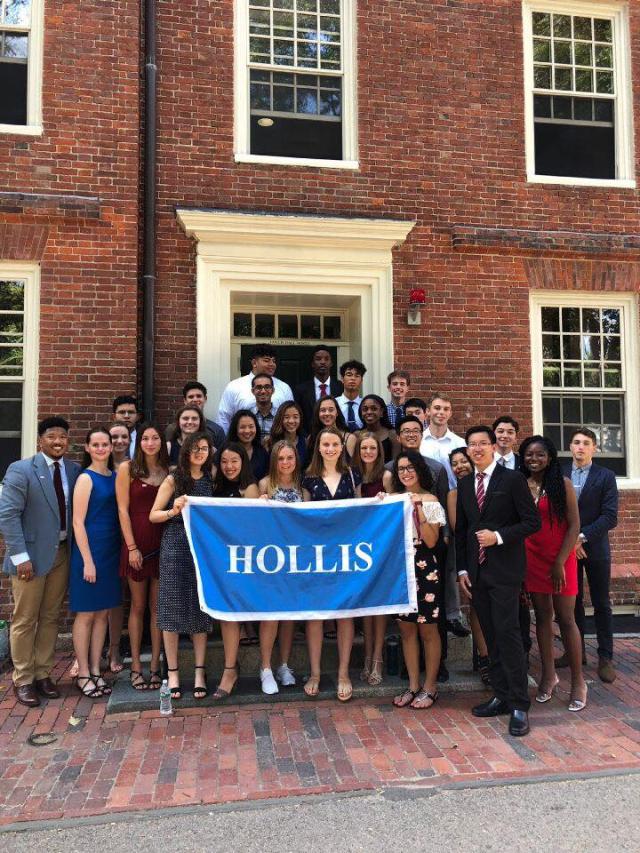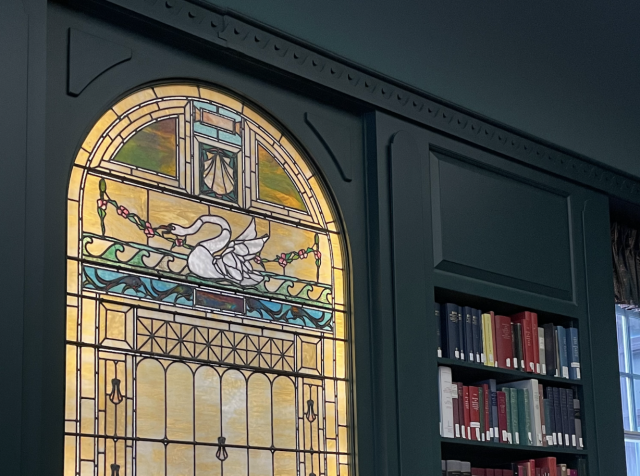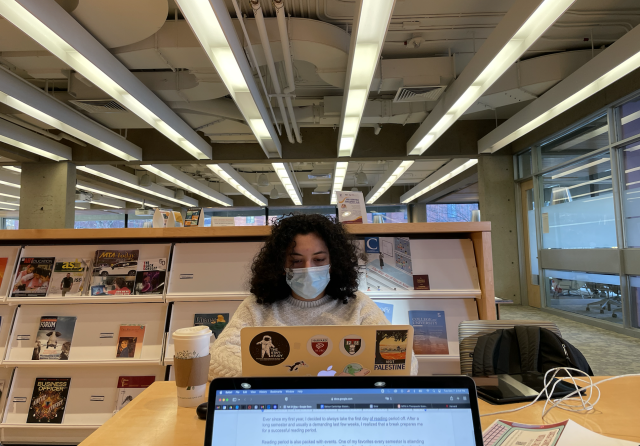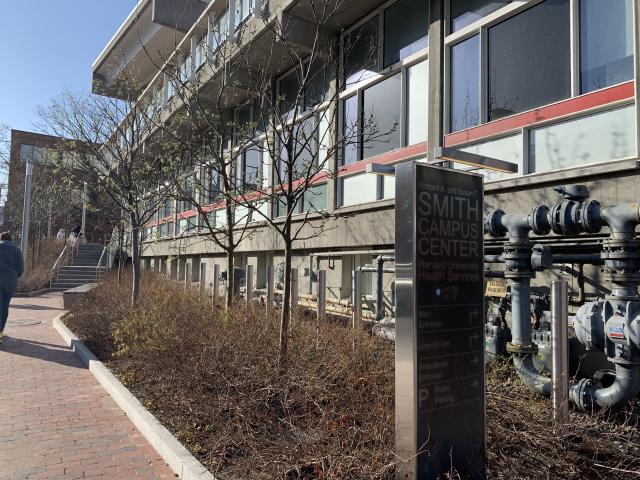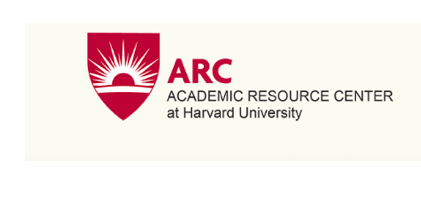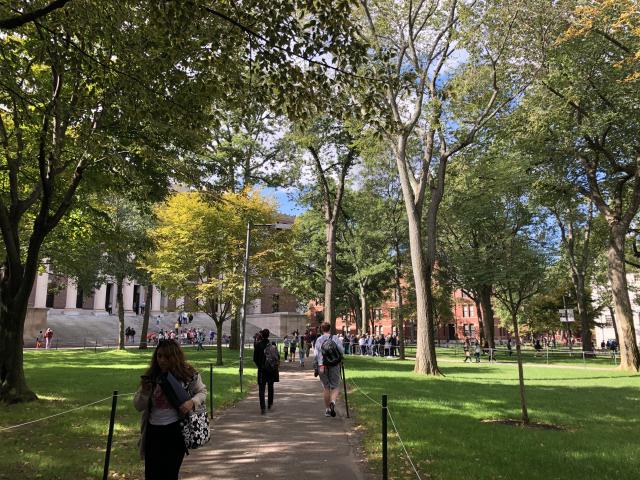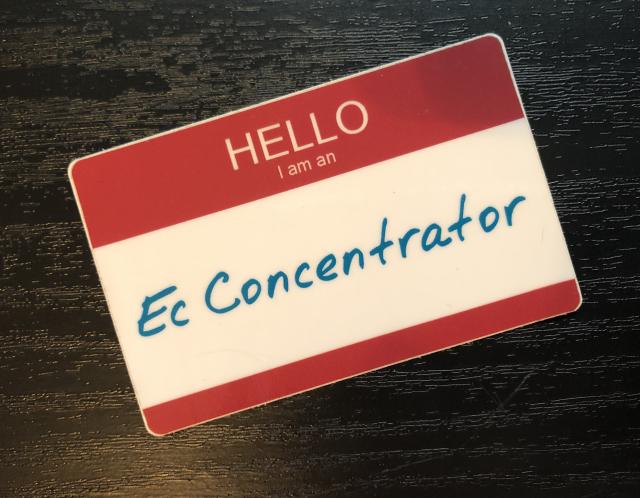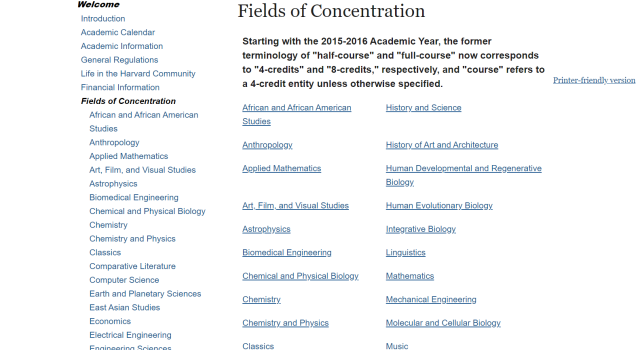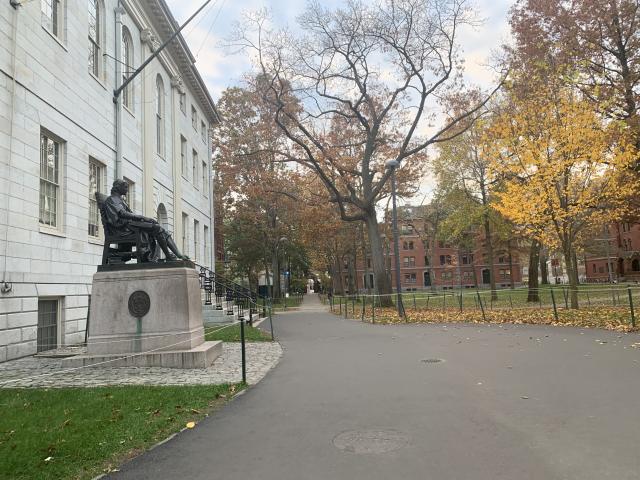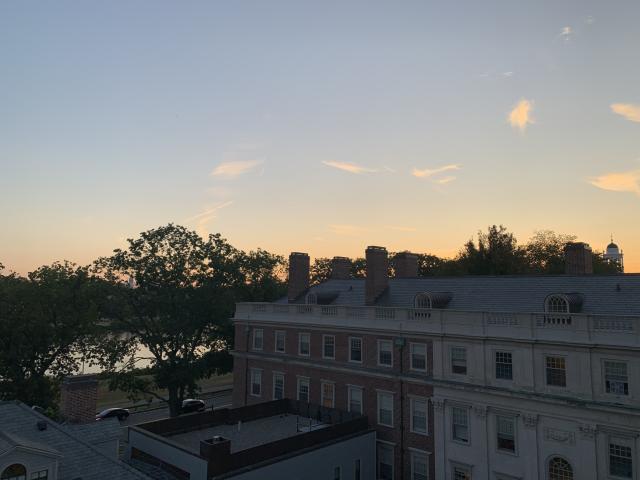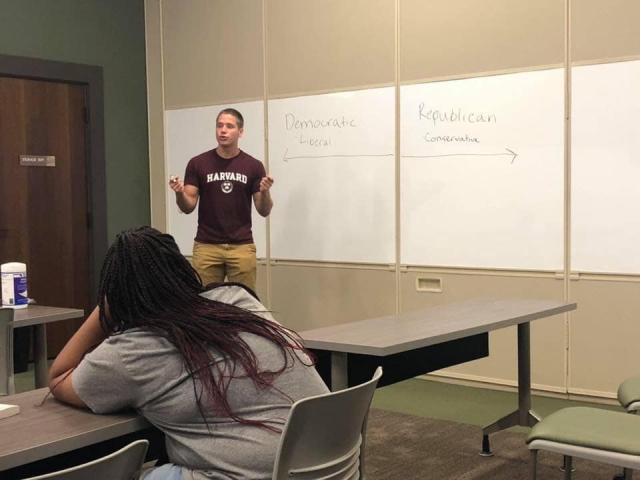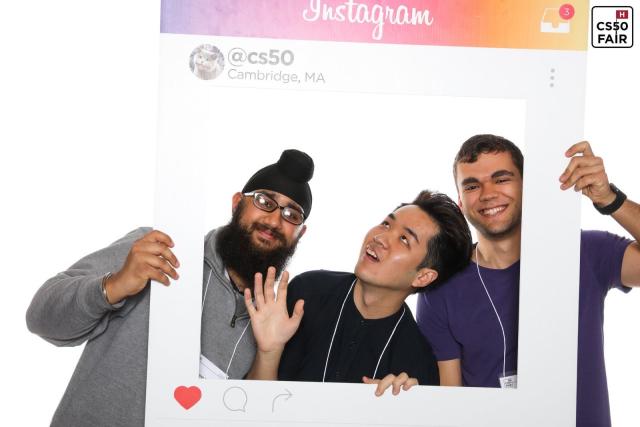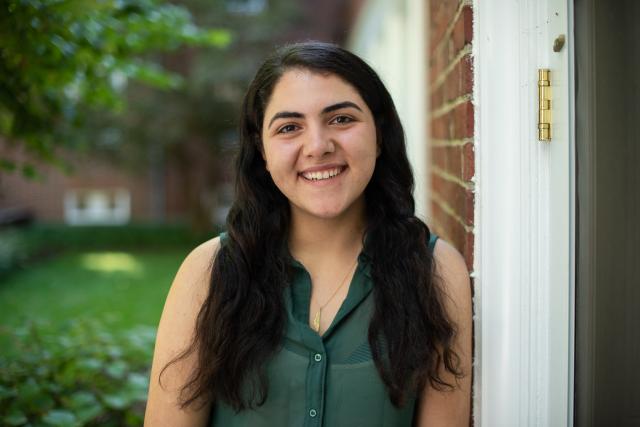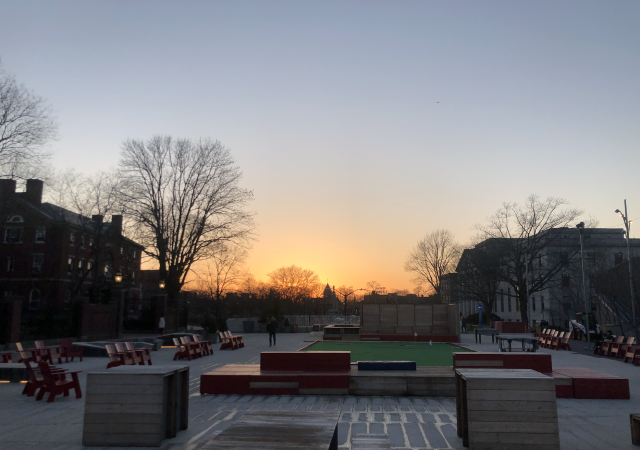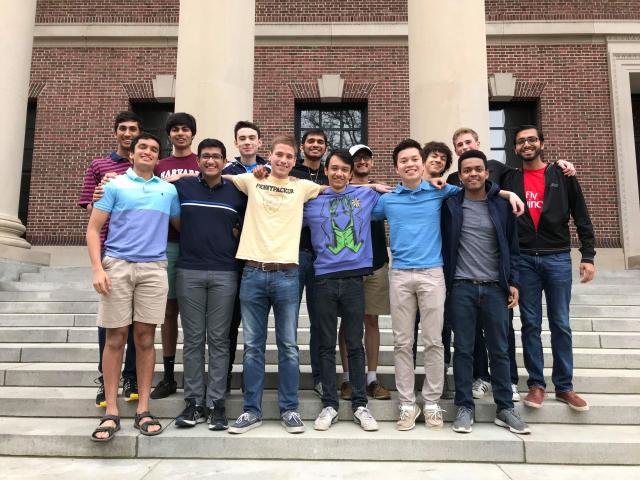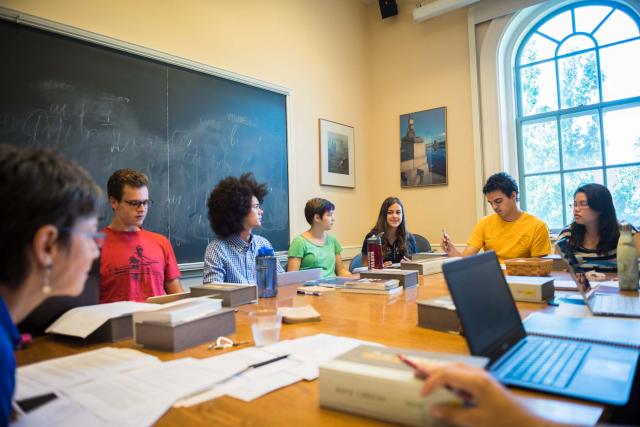Figuring out what class level to start in math can be challenging! You are not the only one and many students have had to do the same.
Most students come into Harvard not knowing exactly what they want to study and that is wonderful and encouraged. Many students are interested in STEM and that means they will likely need to take a math course. Students come from many different backgrounds when it comes to math - from taking precalculus in high school to taking college level math courses in high school. Because of this, the math department offers a lot of different introductory courses in math to fit the needs of every student.
Students take a math placement test in the summer before they matriculate onto campus as first years. This placement result provides a suggested course based on the student's proficiency on the exam. I started in Math MA during my first year. Math MA serves as an introduction to calculus and really takes a deep dive into derivatives and limits with the emphasis on self-discovery and a mastery of the understanding behind concepts and methods. I now serve as a course assistant for Math MA and it has been one of the most rewarding parts of my college experience. I love being able to help students, whose shoes I was in not too long ago, navigate the world of calculus and use the class to deep dive into the world of mathematics and see how that will fit into the rest of their college careers.
Coming in as a first year, I knew I enjoyed learning math and I wanted math to be a significant part of my studies in college. While I had taken calculus in high school, I wanted the most solid foundation I could get before going into upper level math courses. I chose to enroll in Math MA and was concurrently enrolled in the Emerging Scholars Program, a program for students interested in STEM fields that offers academic support navigating math and science courses through the first year and beyond. The Emerging Scholars Program support includes advising sessions, mentorship, and problem solving seminars. As a Math MA student, I loved collaborating with my peers, going to the Math Question Center to work on problem sets and then going to Brain Break after (the nightly snack bar provided at the first-year dining hall and in the upperclassmen houses). Math MA was truly a community of math learners and is the perfect places for enthusiastic first years to meet other students and begin their math journey at Harvard. Since then I have obviously taken many more math classes, but I will never forget the foundation that Math MA gave me in order for me to be successful in my subsequent classes.
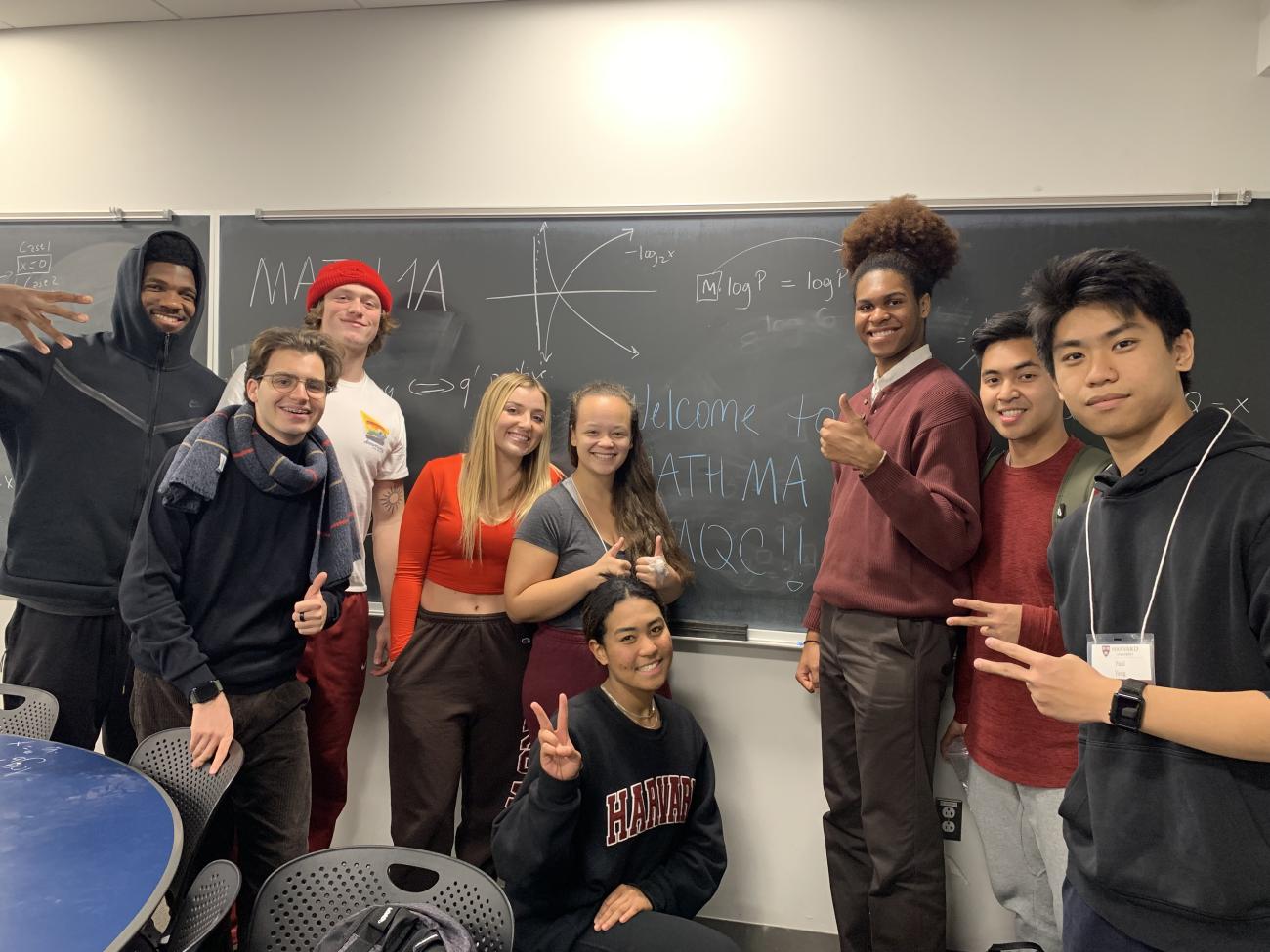
Math MA Math Question Center
Math MA Math Question Center with students and course assistants. Daniella Ineza
Besides Math MA and MB, there are other introductory courses for students who have already taken calculus in high school. Math 1A also explores single-variable calculus, but in a more condensed way than Math MA. Math 1B explores integration, series, and differential equations. Math 18 and 19 cater to specific subjects with Math 18 teaching multivariable calculus for the social sciences and Math 19 teaching multivariable calculus for the life sciences. There is also a newer course called Math QA and QB which explores quantitative analysis for economics and the social sciences.
For those students who took AP/IB or advanced math courses in high school and already learned single variable calculus, there is the Math 21 series, Math 21A and 21B. Both are offered in the fall and spring semesters. Math 21A covers multivariable calculus and Math 21B covers linear algebra and differential equations. For those students inclined to learn more about real analysis, students can take Math 22A and B that cover the same material, but add introductory real analysis to the course as well to give students a chance to learn about writing proofs. Math 25 covers theoretical linear algebra and real analysis, and Math 55 covers real and complex analysis as well and algebra and group theory.
While all of these are considered introductory classes, they can be taken whenever it works for the student's schedule. For example, I took Math MA and MB, Math 1B and then Math 22A and Math 22B. The reason these are deemed introductory classes is because once you have the foundational skills learned in one or more of these classes, you can then take any other math class and also other STEM courses. It is important to note that no one takes all of these classes, you choose which ones to take based on your academic background and interests.
You can learn even more about math at Harvard here. Whatever path you choose, it will be the one that works for you!

